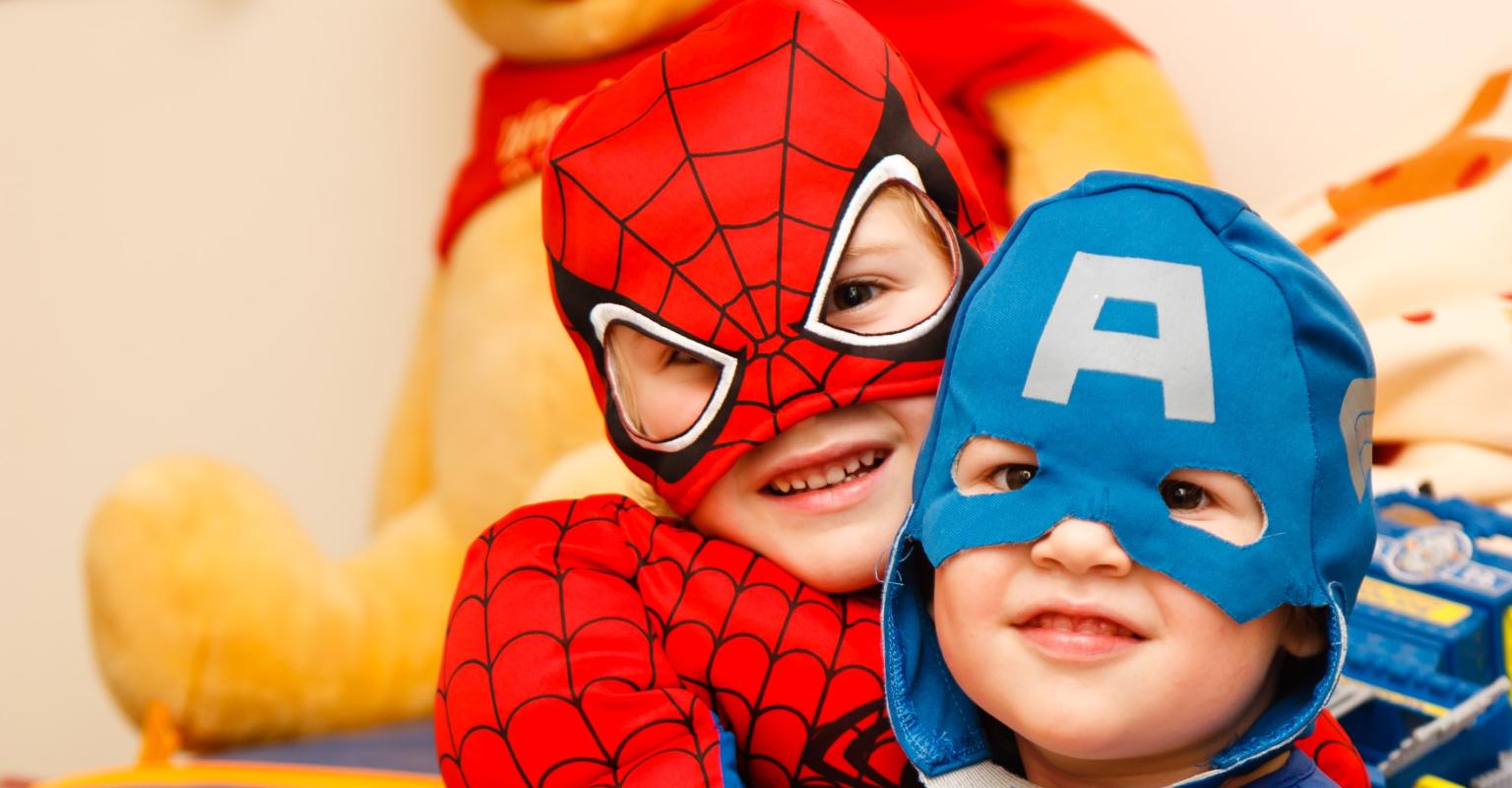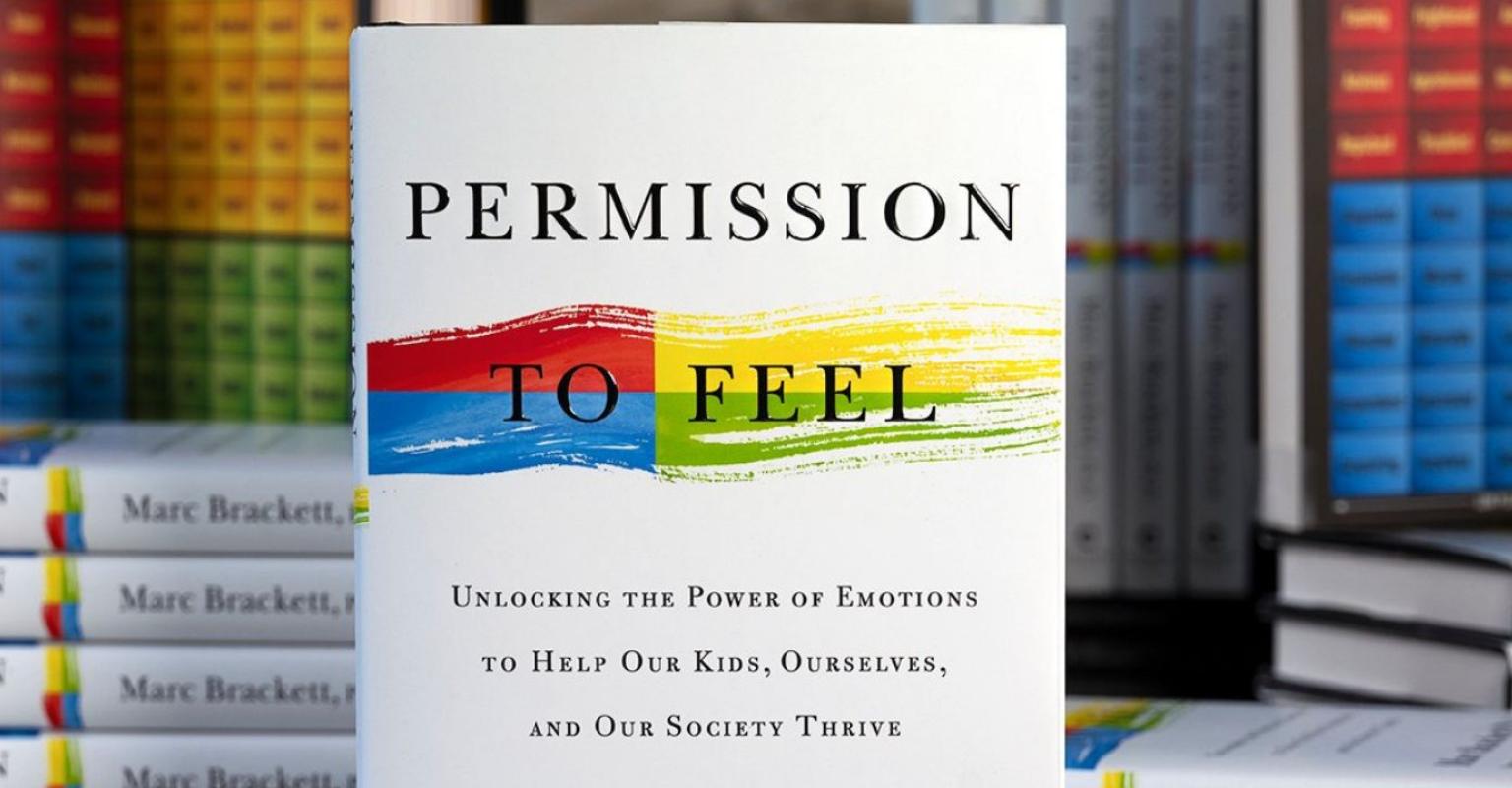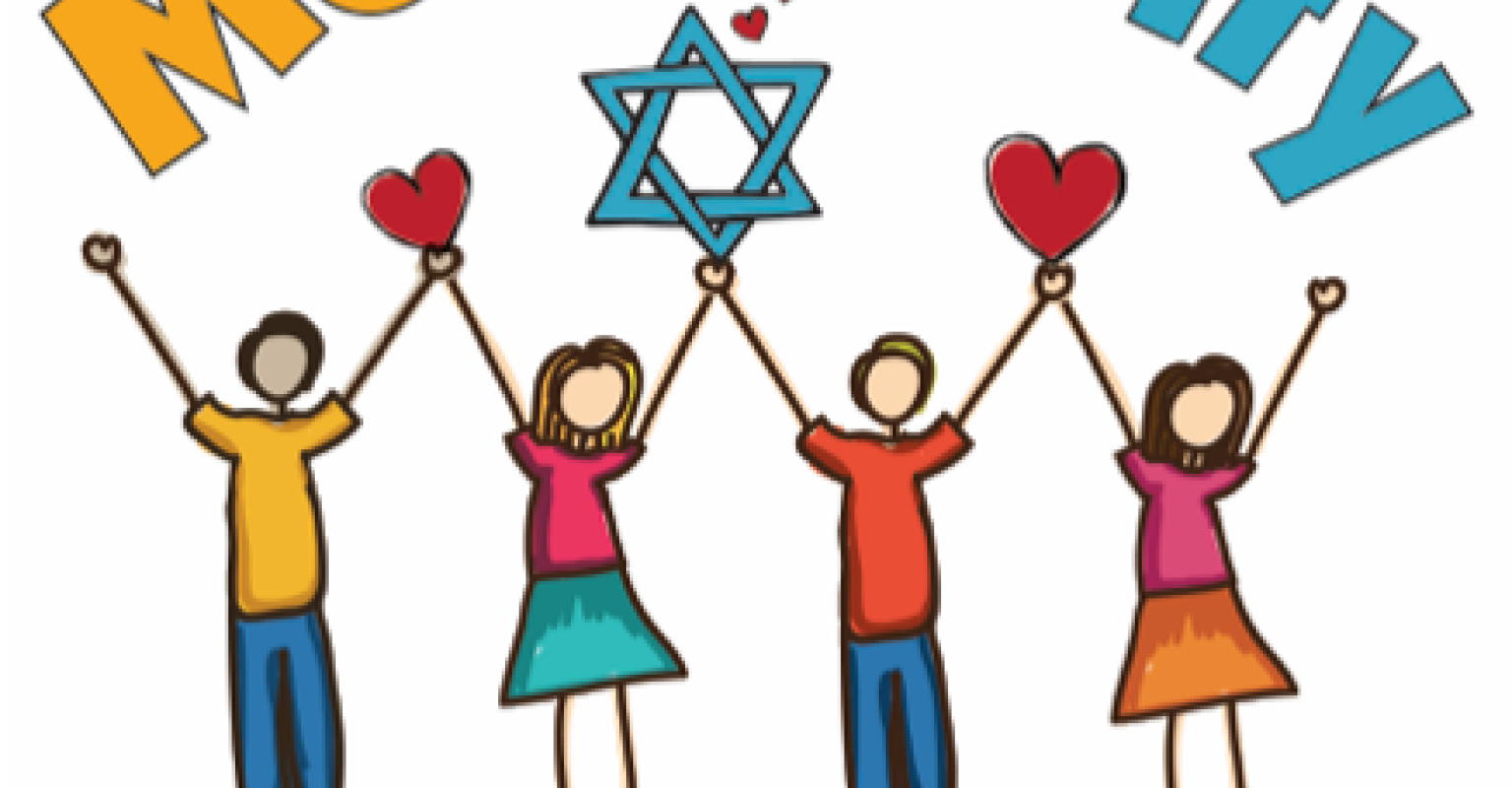Explore the multiple identity themes coming up from the story of Purim with a special nod to the world of adoption in this lesson plan for religious schools from Second Nurture.
Consider the importance of preceding generations in Jewish life and texts (it’s why we are called to the Torah with our parents’ names). We honor the impact of one generation on another, leading to us today, and our children in the future. This impact comes from genetic heredity and also from relationships, life exposure and experience. We all have them all, in some form, but for some of us each influence stems from different sources. This is true in adoption. This is true or Esther.
Even though Mordecai was likely (although not definitely) biologically related to his forebears, he is still described by the rabbis with characteristics developed in relationship, not necessarily genetically inherited.
Esther, who is adopted by Mordecai, is disconnected from her biological family, and may not even know who they were. Yet she becomes a strong self-assured woman through her relationship with her father, as well as decidedly influential on their future generations—on all of us here!
- Jewish Text and Thought
- Judaism and Jewish Holidays
- Intergenerational Learning
- 6 - 7
- 8 - 12
- After School Programming
- Congregational Learning
- Day Schools and Yeshivas
- Family Engagement
- Teen Engagement
Discover more

An exciting and diverse collection of resources to learn and celebrate the story of Purim.

Permission to Feel inspires a new mindset around the power of emotions to transform our lives. Using science, passion, and lively storytelling, this book serves as a guide for understanding our own and others’ emotions, as well as provides innovative strategies for developing emotional intelligence

Mensch-ify is an alternative learning program that is held twice a month for families with children in Pre-K to 6th grade. It is a developmentally appropriate program, built upon the parent-child co-learning experience, that combines stories, songs, art, movement, and play to provide families with the tools they need to live a Jewish life that works for them.
